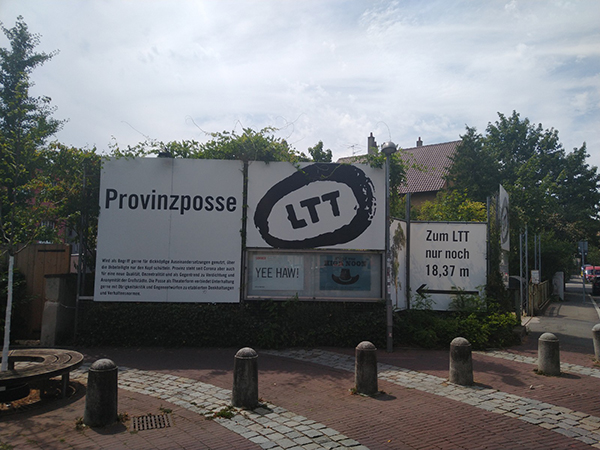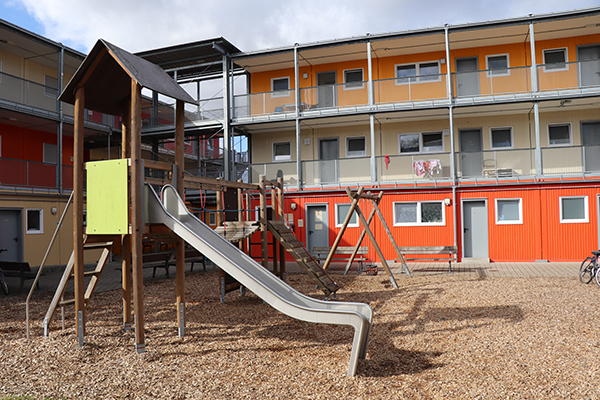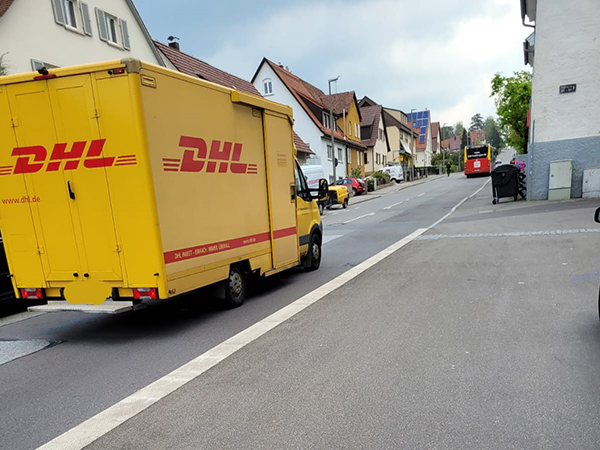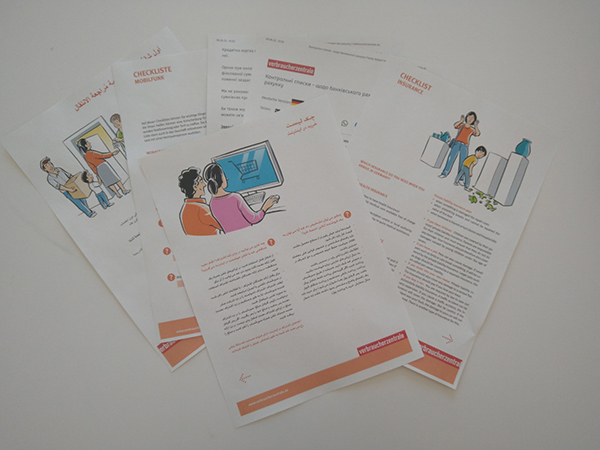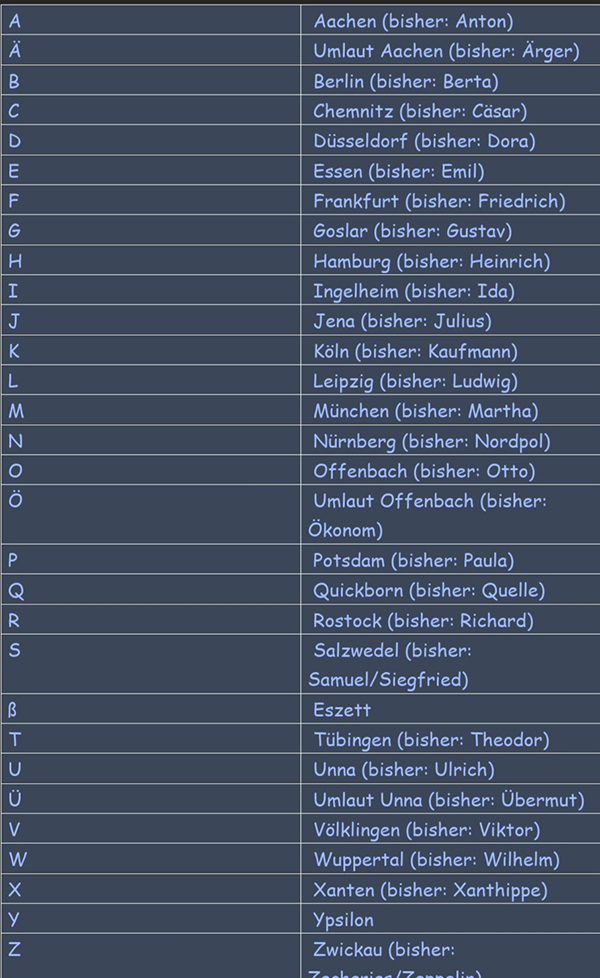In Germany, there are many ways to volunteer and help others—depending on your personal interests and abilities. One of them is the Bundesfreiwilligendienst (BFD): The BFD is a voluntary service that has existed in Germany since July 1, 2011. In the BFD, people of all ages (from 16 years of age) can voluntarily take on social tasks in institutions such as hospitals, old people’s and nursing homes, kindergartens, youth centers, help for the disabled, nature conservation or cultural institutions. The BFD usually lasts between 6 and 18 months, but can also be extended to up to 24 months. During their… Read More
Category: 992-INTEGREAT
Never before have so many people been on the run
Never before have so many people been on the run as now. This is shown by the figures of the current Global Trends Report 2022 of the UN Refugee Agency (UNHCR). According to the report, 108.4 million people were fleeing worldwide at the end of 2022. This figure includes refugees, asylum seekers, internally displaced persons and other people in need of international protection. 40 percent of all refugees are children. In total, this means 19 million more people are fleeing their homes than at the end of 2021—an increase of 21 percent. This is the largest increase in one year… Read More
Undeclared work: a business with many risks
Anyone who works as an employee in Germany finds at the end of the month that their wages have been significantly reduced after taxes and social security contributions have been deducted. As a result, some employers and employees are tempted to circumvent this by “moonlighting”. Then social security contributions and taxes are omitted and the wage is paid in cash. But this is not good business; it is illegal. All those involved face penalties, and the employees also suffer a whole range of disadvantages. For migrants in particular, the risks are high. What is considered moonlighting? In Germany, moonlighting is… Read More
E-scooters are forbidden for children
E-scooters may only be ridden by children over the age of 14. This is regulated by the ordinance for miniature electric vehicles. For children under the age of 14, the small scooters, which can travel at speeds of up to 20 kilometers per hour, are therefore prohibited in road traffic. It is very important to make sure that the e-scooter has an operating permit. A list of approved models can be found, for example, on the ADAC website: https://www.adac.de/rund-ums-fahrzeug/elektromobilitaet/elektrofahrzeuge/e-scooter/. Because e-scooters are considered motor vehicles, liability insurance is required. This is evidenced by a sticker that is affixed to the… Read More
“Gross” is not the same as “net”: What is deducted from the salary
The “gross” salary stated in the employment contract is not the money the employee finds in his or her account. Gross means the total before taxes and social security contributions are deducted. It is also stated in job advertisements. What arrives in the account is the “net” salary, i.e., the amount after all deductions. In Germany, income tax, church tax, and social contributions (health insurance, pension insurance, long-term care insurance, and unemployment insurance) are withheld from employees. Those who earn very well also have to pay a solidarity contribution. But what do these terms mean – and how are the… Read More
The mother tongue determines how the brain ticks
By Oula Mahfouz and Michael Seifert Brain researchers at the Max Planck Institute for Human Cognitive and Brain Sciences in Leipzig, Germany, have used a magnetic resonance imaging (MRI) scanner to compare how language processing works in the brains of Arabic and German native speakers. In the process, they came across quite surprising results: “Arabic speakers have a strong connection between the two hemispheres of the brain, whereas in German native speakers the connections within the left brain hemisphere are more strongly developed,” explains Alfred Anwander, the head of the study in an interview with tünews INTERNATIONAL. “Our study is… Read More
Are children allowed to travel alone?
Children are allowed to travel alone in ermany, but there are some conditions and restrictions that may vary depending on the age of the child and the type of trip. For domestic travel in Germany, there are no specific laws or regulations that state whether or not a child may travel alone. In principle, children 6 years of age and older may travel alone by train. Most airlines, train companies and bus companies have their own regulations for children traveling alone—for example, a minimum age and special support services such as accompaniment and care during the trip. If a child… Read More
Shipments from a non-EU country
As of July 1, 2021, the previous duty-free limit of 22 euros for goods orders from non-EU countries has been lifted. This means that consumers must now also pay import VAT for smaller orders of goods from non-EU countries, and customs duties if the value of the goods exceeds 150 euros. Depending on the goods, import turnover tax amounts to 7 or 19 percent of the value of the goods and is levied directly by the delivery service or customs. Customs charges may also apply, depending on the type of goods and whether they are subject to certain property rights.… Read More
Which insurances are important
Two insurances are mandatory in Germany: health insurance and liability insurance for car owners. In addition, there are a large number of offers for other insurances. It is not easy to decide which risks should be insured. An overview is provided, for example, by the consumer advice center: https://www.verbraucherzentrale.de/wissen/geld-versicherungen/weitere-versicherungen/welche-versicherung-brauche-ich-12605 Stiftung Warentest also provides tips on how to find your way through the jungle of insurance offers: https://www.test.de/Versicherungen-Optimaler-Risikoschutz-1162242-0/ At the top of the list of important insurances are those that cover existential risks—i.e. those that can mean ruin for a family. Private liability insurance is at the top of the list.… Read More
Tübingen replaces Theodor in the spelling tablet
By Oula Mahfouz and Ute Kaiser Munich, Aachen, Hamburg, Frankfurt, Offenbach, Unna, Zwickau: This is how I have to spell my last name on the phone so that people can spell it correctly—M A H F O U Z. Until a year ago, it read like this: Martha, Anton, Heinrich, Friedrich, Otto, Ulrich, Zacharias. In May 2022, the German Institute for Standardization (DIN) abolished the old spelling table. City names replace given names in it. Since then, the T no longer stands for Theodor, but for Tübingen. The reason for the new version: The anti-Semitism commissioner of Baden-Württemberg had pointed… Read More

